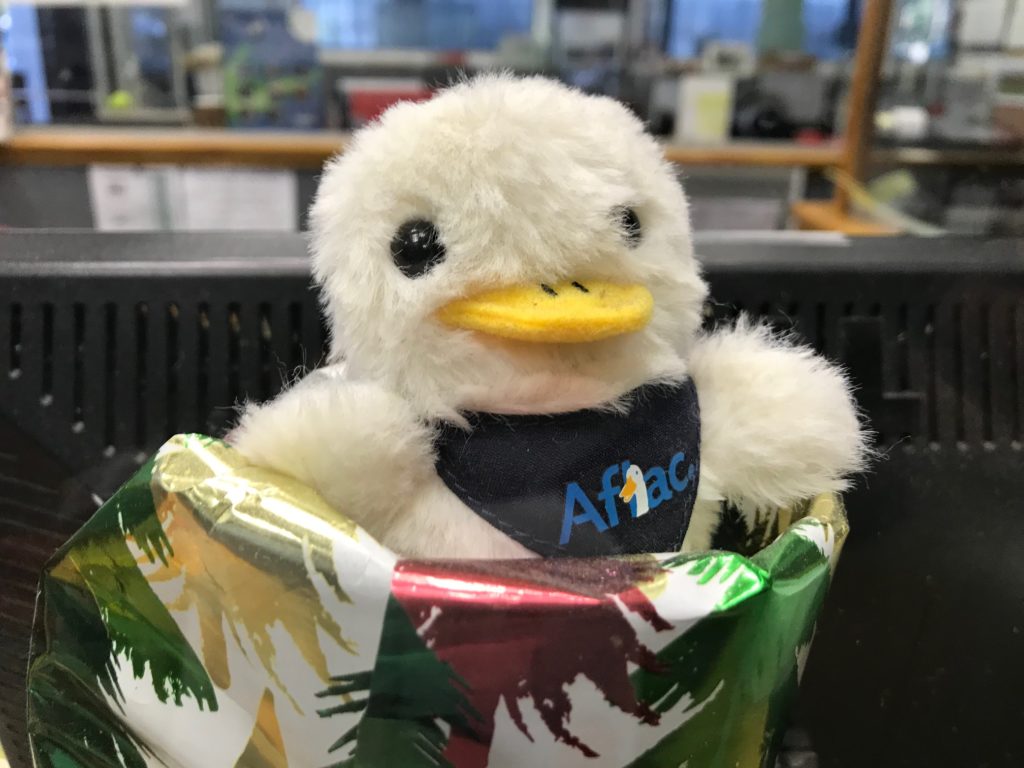 Diego, my 26-year old son with autism and intellectual disability, loves the word “similar”.
Diego, my 26-year old son with autism and intellectual disability, loves the word “similar”.
On one of our runs the other day, he began to recite this litany of similarities between movies:
“Holes is similar to Indiana Jones”, “Talladega Nights is similar to Elf”, ” “Slum Dog Millionaire is similar to Jungle Book,” “Aquaman is similar to The Little Mermaid, ” “Alice in Wonderland is like 13 going on 30…”
He would’ve gone on indefinitely had I not interrupted him to ask, “How’s movie X similar to movie Y?”
Holes and Indiana Jones are similar because “they both dig”. Talladega Nights and Elf are both comedies. Slum Dog Millionaire and Jungle Book are both in India. Aquaman and The Little Mermaid are both in the Atlantic.
And, my favorite, Alice in Wonderland and 13 going on 30 are both dreams.
Diego’s psychiatrist calls Diego’s recitations “flights of ideas”. I call it “associative thinking”. The following are a few more examples of how it works:
A few months ago, as I was paying for repairs on my car, Diego saw a stuffed duck toy on a counter. He took his cell phone out of his pocket and said:
“I’m gonna take a picture of the duck. I love it. I’m gonna take a picture of the duck because I eat duck from Costco. I like Donald Duck. I like Daffy Duck from the Looney Tunes. I saw Donald Duck in Disney.”
Here’s the silly little duck that triggered the associations:

Images are often instant sources of associations, and Diego always takes pictures of them.
We were in the lobby of an apartment building the other day and Diego noticed a big coffee table book with an image of a black feline on it. As expected, he whipped out his cell and took a photo as he voiced his thoughts out loud:
“I’m taking a picture of the panther. The Black Panther from Africa. Chadwick Boseman was the Black Panther. Chadwick Boseman passed away. He was in 42. He was African American like Denzel Washinton from American Gangster”
On yet another run, Diego and I came upon a young woman and her dog. Diego stopped and looked at her straight in the eye and said, “Cane in Italian.” What in the world does he mean? I wondered. Usually, I can tell what he’s referring to.
Suspecting the girl might feel uncomfortable about a random guy on a run abruptly stopping, staring at her, and uttering, “Cane in Italian”, I interjected, “This is my son Diego. What’s your dog’s name?”
I needn’t have worried. Like almost everyone we’ve ever encountered, the girl sensed Diego’s goodness.
After a few exchanges, Diego stated, “You were in Italian class.”
“Oh, yeah, I remember,” she said (though I’m not so sure she actually did).
Turns out she and Diego had been in the same Italian class in high school a decade ago. Diego had recognized her right away. Seeing her dog, the sentence “Cane in Italian” just came out of his mouth.
“Cane” is Italian for “dog”. Should’ve been obvious, don’t you think?
And here’s one more example: 26 minutes into a hike in Camden, Maine, Diego noticed an ant on the trail and said: “Look. An ant from Bug’s Life. It’s Flick.”
Such animal/ movie character associations happen all the time when we’re out and about. A rabbit is instantly Thumper (Disney’s Bambi) or Lucky Jack (Disney’s Home on the Range), a deer is either Bambi or Faline (both from Bambi), and a seagull is Orville (Disney’s The Rescuers Down Under).
In Diego’s brain, a visual stimulus often begets an association which begets a second association which begets a third association, and so on. It all happens quickly and the amazing thing is he can put it into words as it’s happening.
I usually know what Diego’s talking about when the stimulus is visual, even if I may not understand the association’s source. The original stimulus need not be visual, however. It can be a thought or an event.
When it comes to thoughts, the anxious kind renders Diego’s “associative thinking” most evident.
I know an anxious thought is tormenting him when he begins this recitation associating various anxious memories:
“Airplanes get grounded due to bad weather. I’m already 26. It’s a New Year. Let’s pray: Our Father….”
“Airplanes get grounded due to bad weather” refers to the time our flight to visit my sister was canceled due to, well, bad weather. “I’m already 26” and “It’s a New Year” are things I’ve said to him to try to get him to calm down. Praying is what Abuela and many others do to feel happy.
As to events, here’s a recent example of “associative thinking” at work. Some weeks ago, Diego’s friend Owen called with the sad news that the family dog, Gus, had passed. After saying he was sorry for the loss, Diego reminded Owen that he’d be seeing him soon, and suggested: “We’ll watch Coco and All Dogs Go to Heaven.”
Get it? The death event elicited Coco, while the death-of-a-dog event triggered All Dogs Go to Heaven. Both movies prominently feature dogs, death and the afterlife.
Diego’s often hard to understand because his speech can be slurred and rushed and because what he says sometimes doesn’t seem to make sense. But if you dig deeper, you’ll find there sure is meaning behind everything Diego says.

